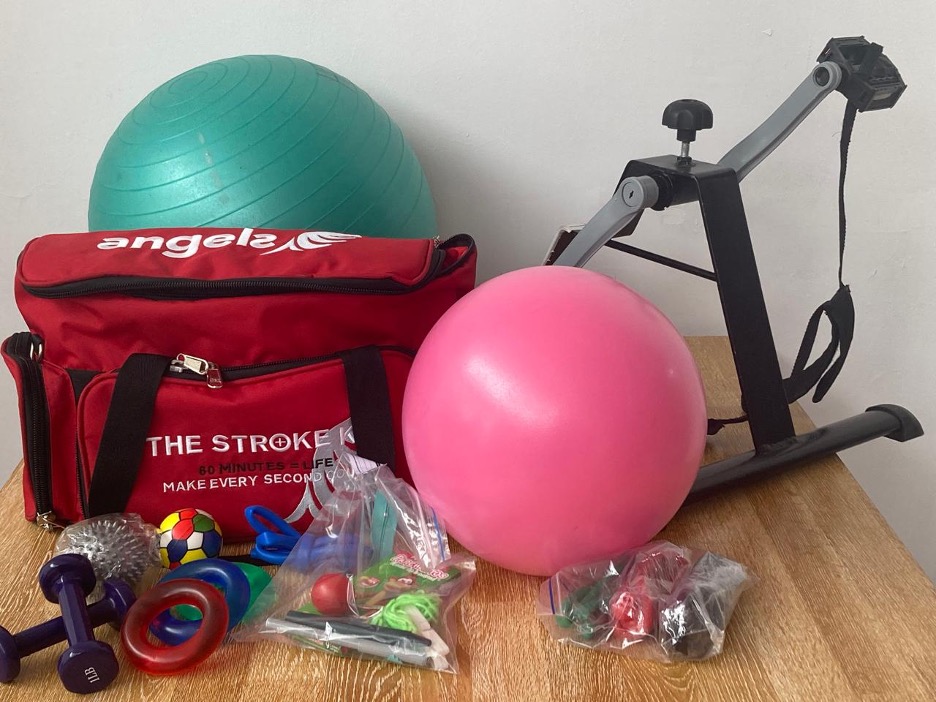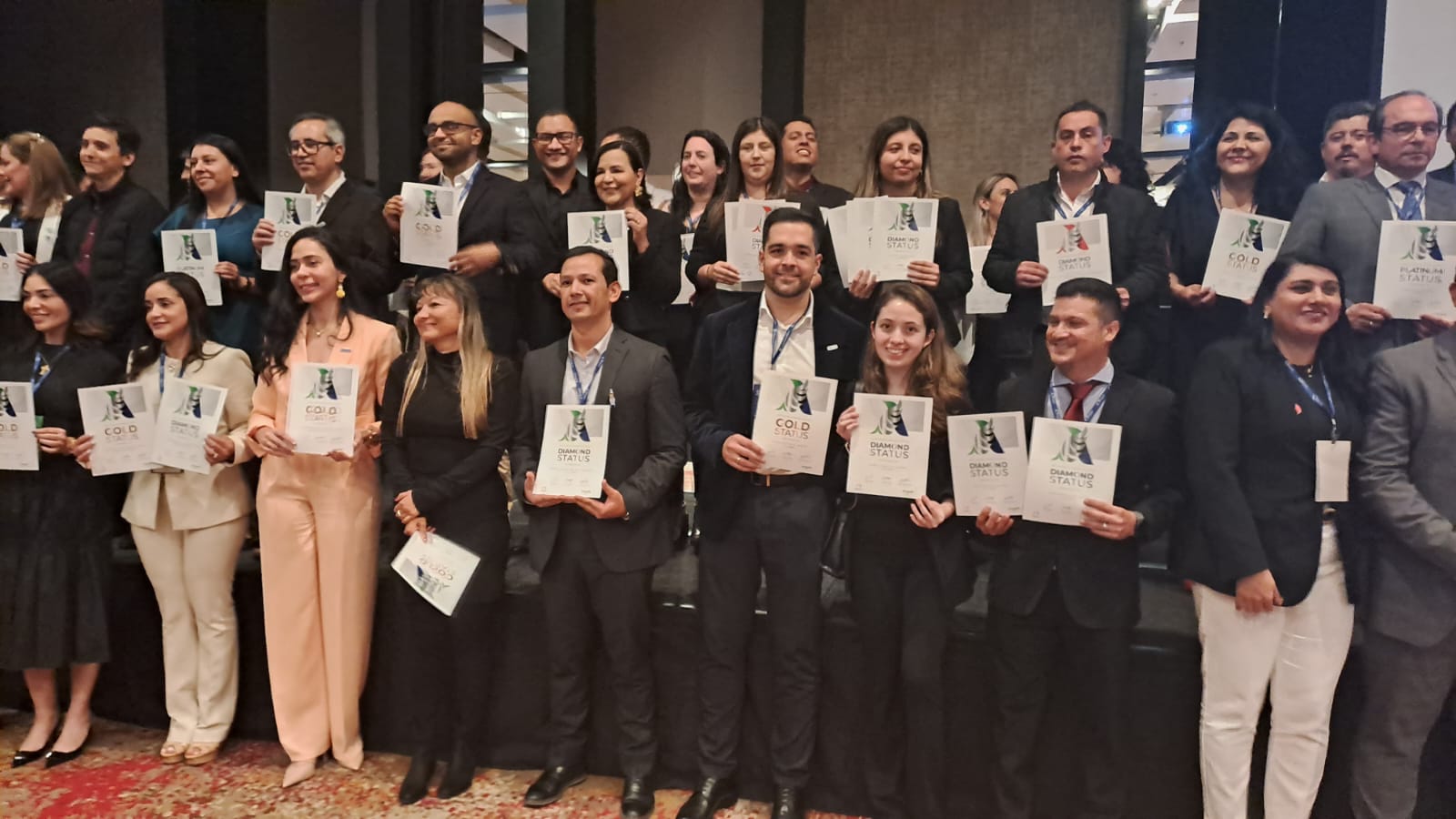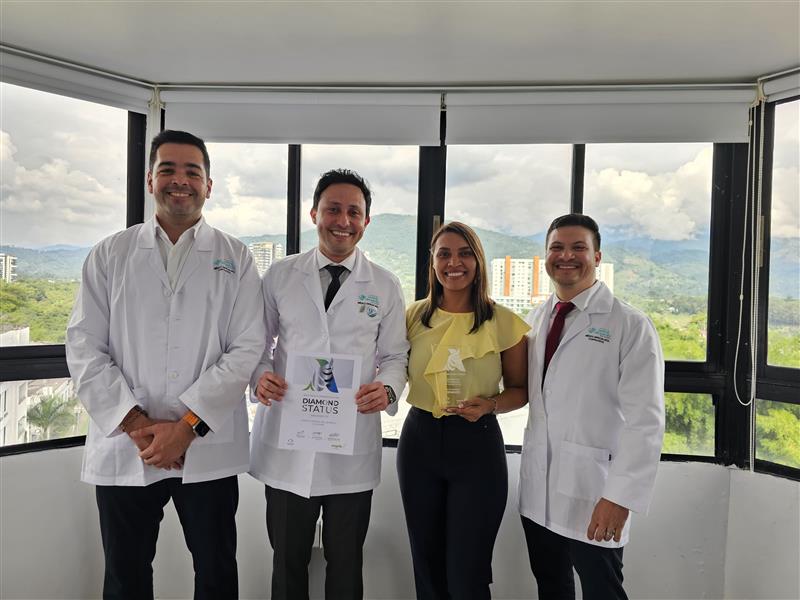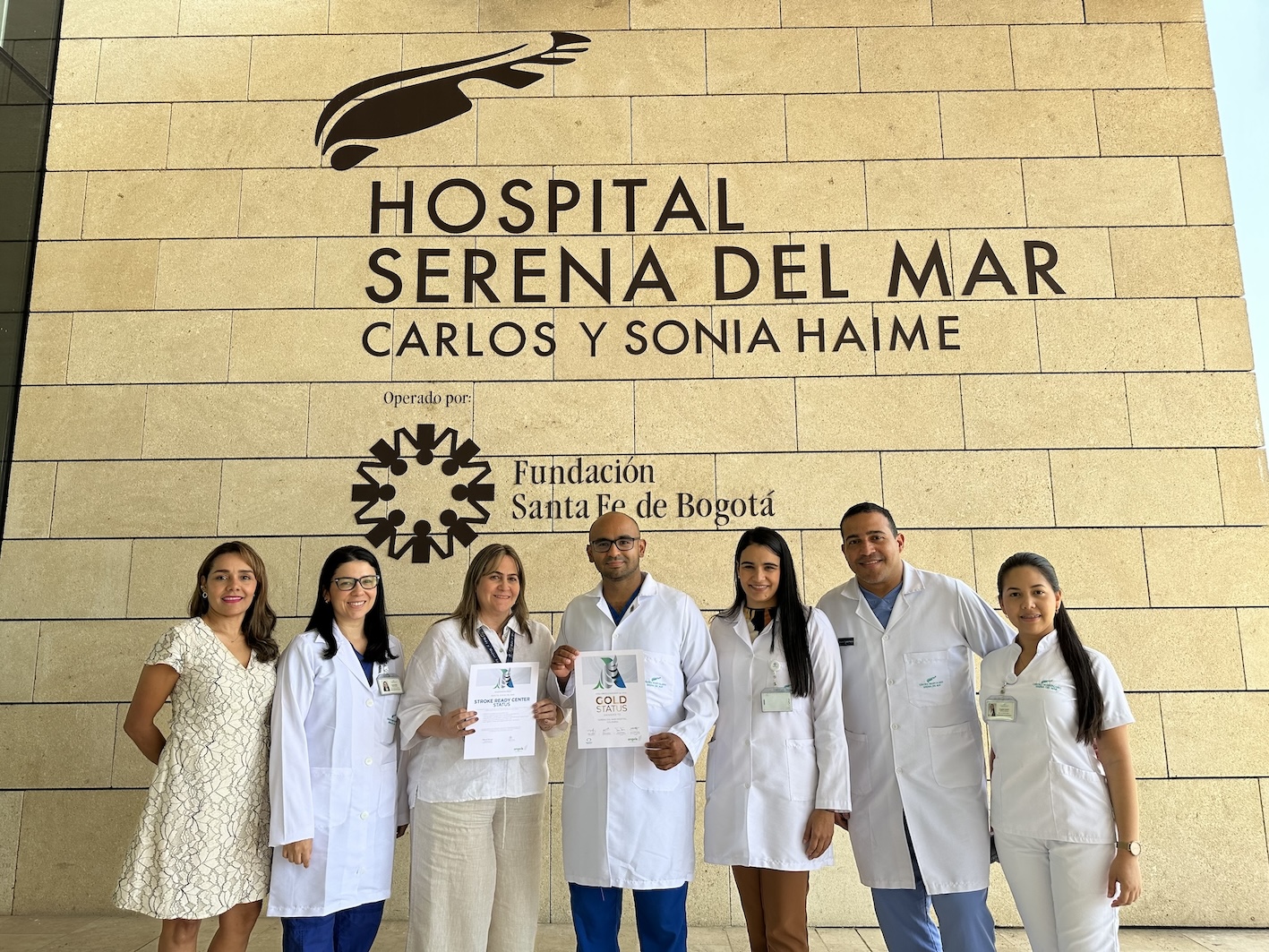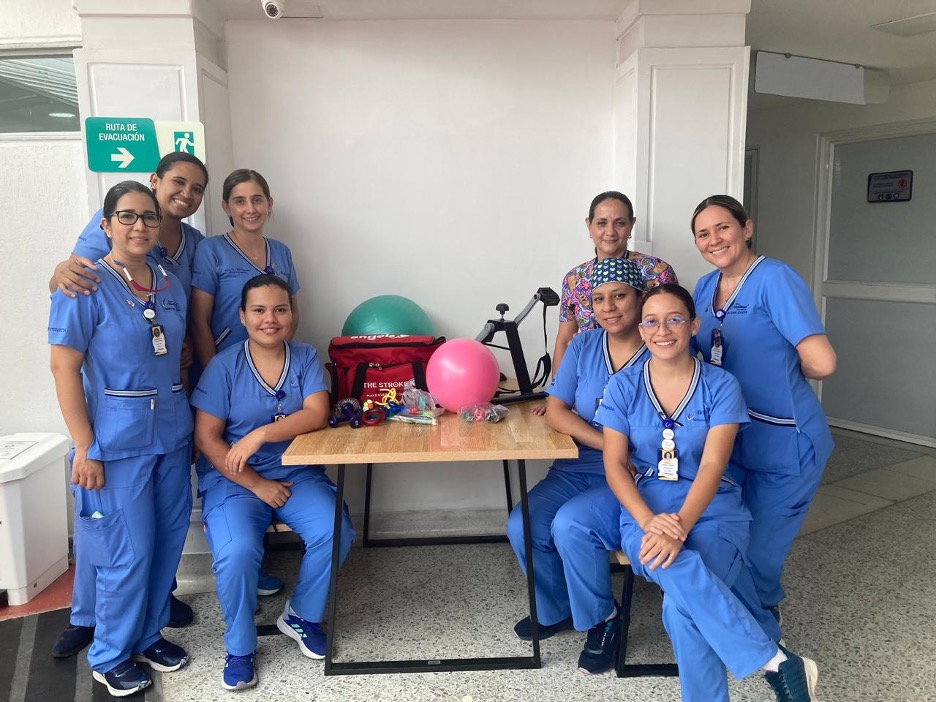
콜롬비아의 Angels 병원과 상담하면서 저는 뇌졸중 환자에게 고품질의 치료를 제공한다는 약속과 열정이 매일 어떻게 강화되는지를 목격할 수 있는 특권을 가지고 있습니다. 이러한 사례 중 하나는 콜롬비아 남중부의 도시인 네이바의 Clínica Medilaser에서 모범적인 관행입니다. 이 병원은 2023년 3분기에 첫 WSO Angels 어워드를 수상했으며, 2024년 1분기에 플래티넘 등급을 획득했고 콜롬비아의 10개 다이아몬드 병원 중 하나가 되었습니다.
Clínica Medilaser Neiva의 뇌졸중팀 급성 치료에서 탁월함만은 아닙니다. 최적의 뇌졸중 치료를 제공하기 위한 헌신으로 치료 팀이 뇌졸중 코드 프로세스에 통합되었습니다. 이 팀은 클리닉의 언어 치료사, 작업 치료사 및 물리 치료사와 조율하는 물리 치료사 Ms Magaly Pérez가 주도합니다. 코드 활성화 채팅에 이들을 포함시키는 조치는 작지만, 입원 후 첫 12시간 내에 전체 팀이 환자를 평가할 수 있게 하고, 조기 자극이 즉시 시작됨을 의미하므로 중요합니다.
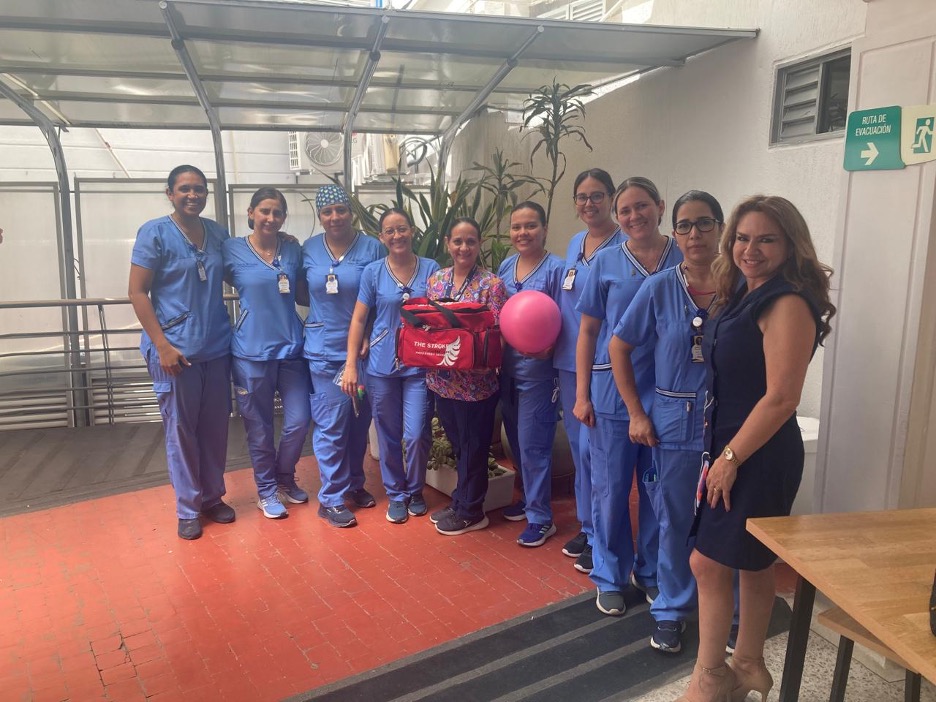
언어 치료 팀은 GUSS 검사(삼킴 평가)를 실시하고 권장 식이요법을 결정하며, 환자가 튜브영양을 필요로 할 때 영양과와 협력합니다. 물리치료사와 작업치료사는 환자의 병원 내 위치에 관계없이 환자를 평가하고 처음부터 개별화된 재활 계획을 시작합니다. 이들은 Angels 뇌졸중 백을 치료 세션을 평가하고 수행하는 데 필요한 모든 항목이 포함된 키트로 사용합니다. 또한, 병원은 색연필, 색칠 도서, 공, 실, 기타 도구 등의 자료를 제공하여 각 환자가 자신만의 맞춤형 재활 키트를 가질 수 있도록 합니다.
이러한 진료 개선은 환자들이 더 나은 치료를 받을 수 있도록 해주었으며 입원 기간 동안 신속하고 시기 적절한 회복 개시를 용이하게 해주었습니다.
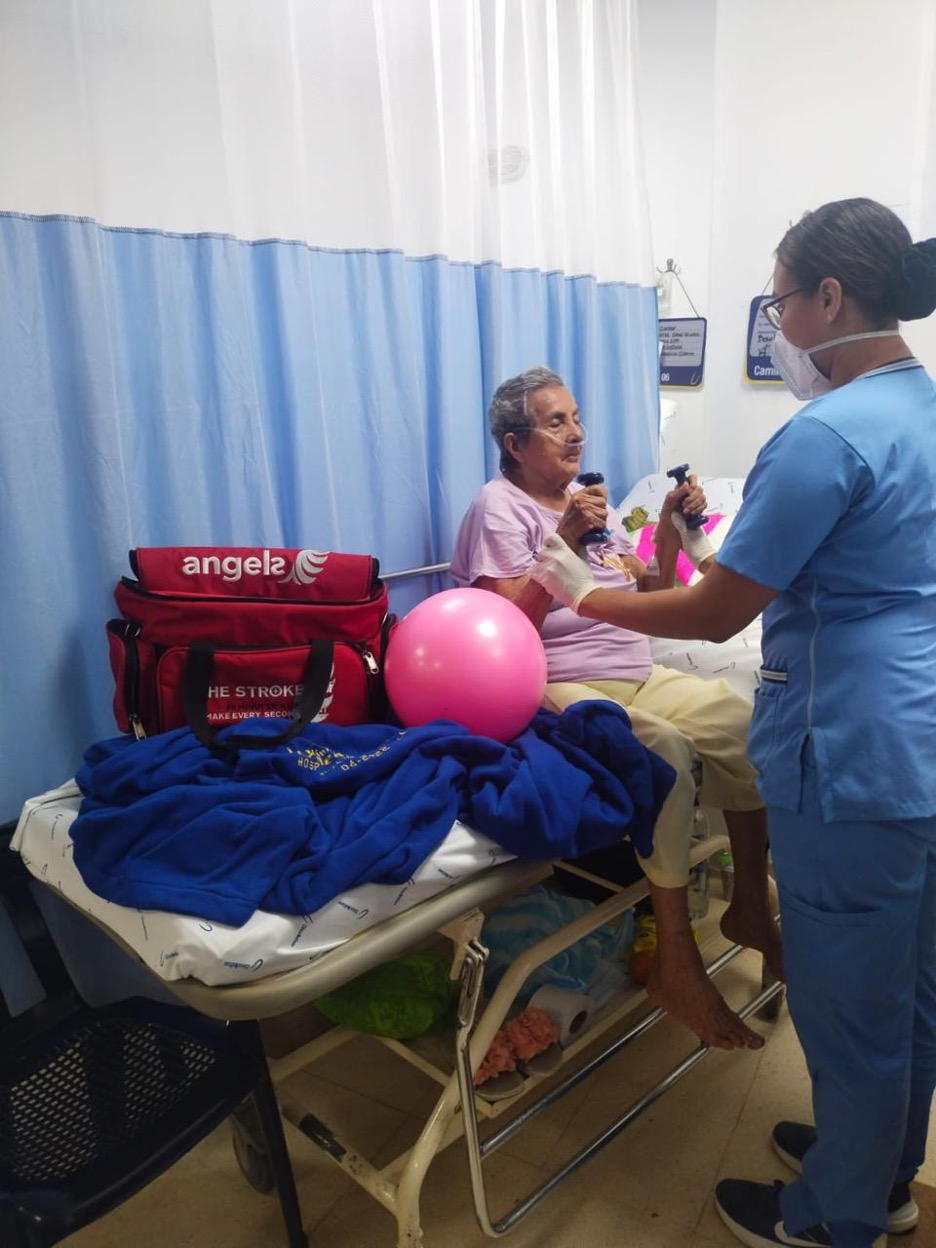
퇴원 시, 생리학 팀은 신경학, 심리학, 사회복지 및 치료와 함께 환자에게 기술의 신속한 회복을 지원할 수 있는 명확하고 개별화된 계획을 제공합니다. 이 계획에는 또한 환자와 가족을 위한 운동, 적절한 영양 및 기타 필요한 치료 방법에 대한 교육도 포함됩니다.
상세한 일일 추적관찰 및 수정된 랜킨 척도 점수와 같은 명확한 자료와 함께, 환자의 의무기록에 이 정보를 문서화하는 데 주어진 세심한 주의를 강조하고자 합니다. 이러한 철저한 문서화는 환자의 경과를 모니터링하기 위한 90일 추적관찰 통화를 크게 용이하게 합니다. 이는 또한 환자를 클리닉과 통합하여 환자가 회복에 대한 진정한 관심과 헌신을 느끼게 하는 데 도움이 됩니다.
